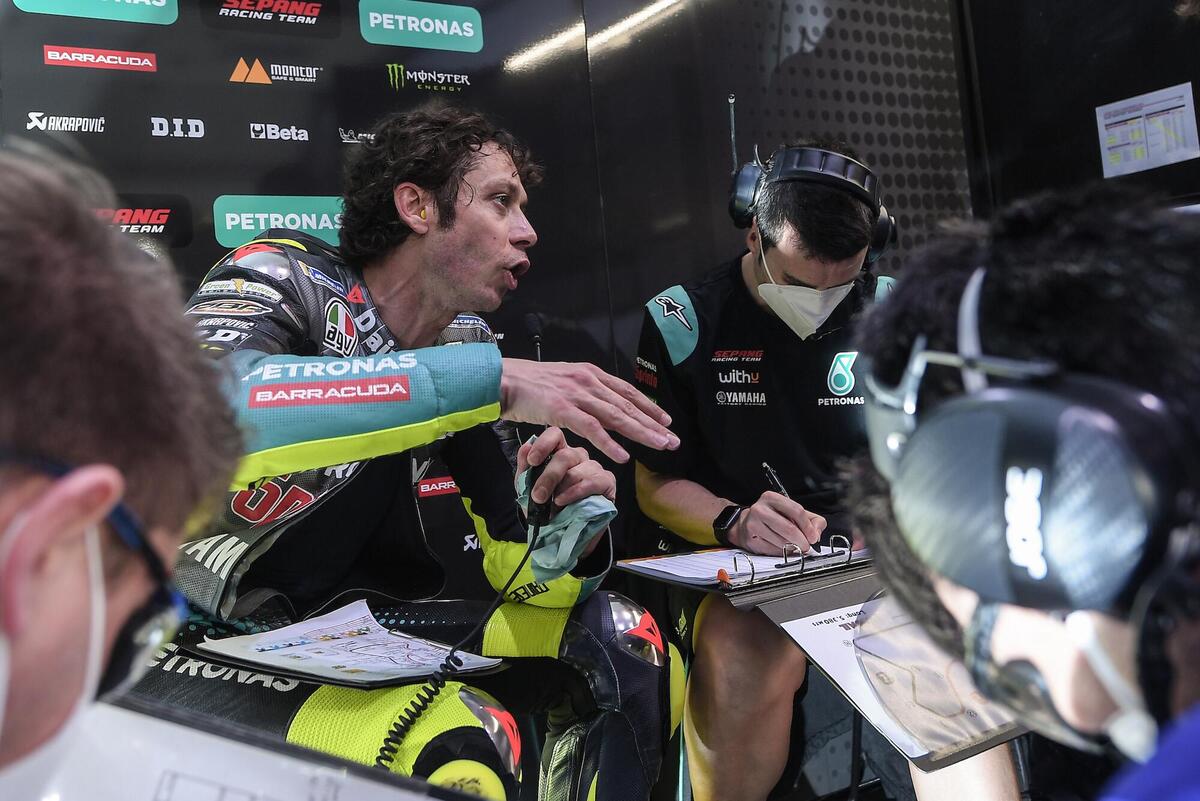Slovak Prime Minister Igor Matovic announced his resignation on Sunday to resolve the crisis in the ruling coalition, which had been exacerbated by his decision to buy Russia’s Covid-19 vaccine “Sputnik V”.
–
Matovich said he was proposing to take office with Finance Minister Eduard Heger, a member of Matovich’s Conservative Populist Party of Ordinary People and Independent Personalities (OLaNO).
Heger said he “accepted the challenge” and would immediately start talks with the other three coalition parties on forming a new government, as well as consult with President Zuzan Chaputov on Monday.
Controversy within the ruling coalition escalated dramatically when Matovich’s agreement with Russia on the purchase of two million doses of the Sputnik V vaccine came to light. Other government parties believe that the Sputnik V vaccine should only be used in Slovakia if it is approved by the European Medicines Agency, while Matovich stresses that a Russian vaccine is needed to vaccinate against a shortage of vaccines purchased by the European Union.
Two parties in the coalition, the Liberal Freedom and Solidarity (SaS) and the Central People’s Party, which have been in regular conflict with OLaNO over the strategy for fighting the coronavirus pandemic, said the coalition could only be maintained if Matovich will resign.
Last Sunday, Matovič announced that he was ready to resign if the government was left by Deputy Prime Minister and Minister of Economy Richard Sulik, who heads the SaS, and Minister of Justice Marija Kolikova, who represents the party “For People”. A total of six ministers from four parties resigned this week, including Sulik and Kolikova.
However, the SaS rejected a number of other conditions put forward by Matovich, including that the SaS must renounce one of the three ministries. This Sunday, Matovich announced that he was relinquishing any other conditions “for the coalition to continue”, and the other three parties – SaS, “For the People” and the right-wing populist “We are a family” – expressed readiness to remain in the coalition.
None of the four ruling coalition parties want early parliamentary elections, as opinion polls suggest that the opposition Social Democrats would win.
– .

